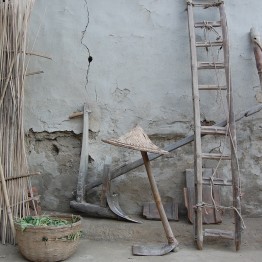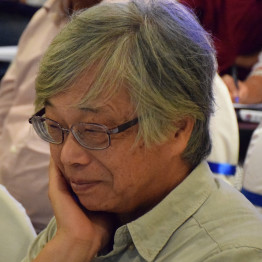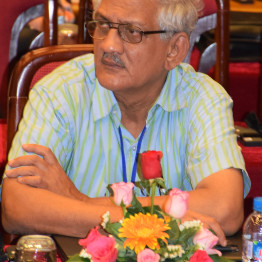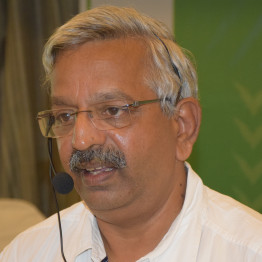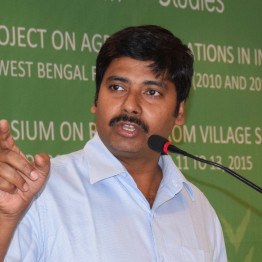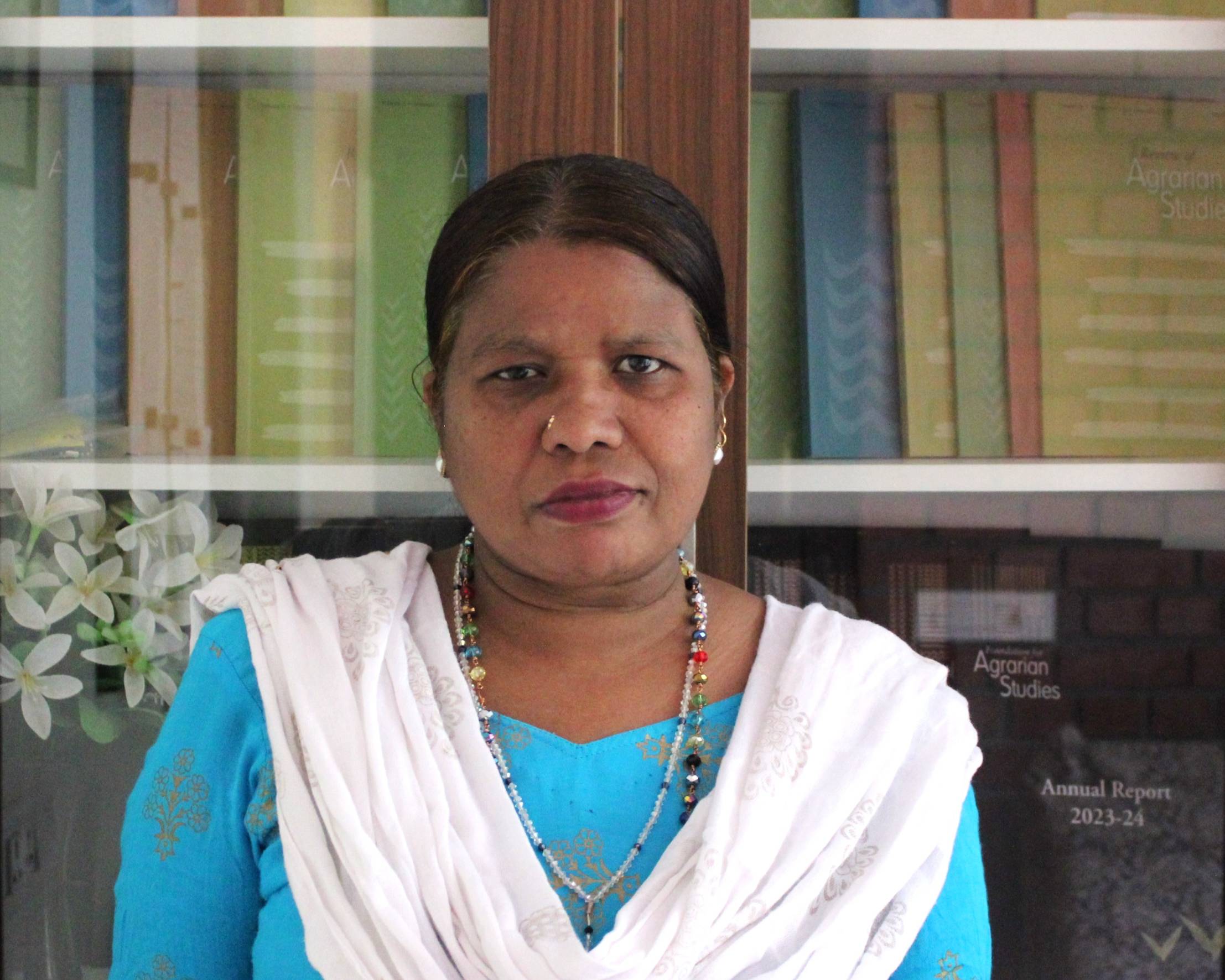I was a participant at the 10th Marx Autumn School organised by the Rosa Luxemburg Stiftung in Berlin from October 26 to 29, 2017. To commemorate the 150th anniversary of publication of the first volume of Marx’s Capital, the theme of this year’s School was “Labour in Capital.” During the workshops we were divided into groups, in which we read selected portions of the first volume of Capital. The reading was followed by interesting discussions on the themes that appeared in the text.

At one such discussion, on the theme of “unfree labour,” a participant from Naples spoke about migrant workers from less developed countries working as tomato pickers on the farms of southern Italy. These farms directly supply tomatoes to the canning industry of one of Italy’s most famous and biggest export items, pelati or canned and processed peeled tomatoes.
It was a case study of harsh forms of exploitation, and the continued existence of different forms of unfree labour – even in a developed capitalist country. The tomato workers are a case in point of a labour force from less-developed countries whose members come in search of employment and work in hazardous and alien conditions.
Between June and October, southern Italy’s tomato farms see a large influx of migrant workers from Africa and central and east European countries. In these months they live in what have been described as “abandoned houses or large agrarian ghettos and shanty towns”, working as pickers on tomato farms. The workers are supervised by farm contractors known as caporalis, who often use force to make the pickers work long hours. Migrant workers are forced to work on very low wages. Professor Mimmo Perrotta of University of Bergamo has written on the conditions of these workers, and gives an estimate of 13000 to 20000 such migrant workers working in southern Italian farms in the summers (Perrotta 2014).
In the past month, an Italian court hearing the case of the death of 47-year old Sudanese farm worker Abdullah Muhammad on the southern Italian fields of Nardo in 2015, found negligence on behalf of the employer and of the contractor, who did not allow Muhammad to go to the hospital. The case opened up a process of documenting the exploitative labour practices faced by thousands of migrant workers working on tomato fields. The labour abuses listed in the court documents include “working for 12 hours a day, seven days a week, without breaks, with minimal pay and no access to medical staff.” Big corporate chains supplying tinned tomatoes to the European markets have also been named in the court orders (Hunter and Pietro 2017).
As a result of civil society campaigns last year a law was passed in Italy banning the caporalato or gang system. However, activists report that nothing much has changed on the ground. Corporate capitalism has created new forms of unfreedom for migrant labourers, denying them the basic human rights that other citizens enjoy.
References
Perrotta, Mimmo (2014), “Behind the Cheap Tomato: Migrant Workers in Southern Italy”, Global Dialogue, vol. 4, no. 4, available at http://isa-global-dialogue.net/behind-the-cheap-tomato-migrant-workers-in-southern-italy/
Hunter, Isabel and Di Pietro, Lorenzo (2017), “The Terrible Truth About Your Tin of Italian Tomatoes,” The Guardian, Oct 24, available at https://www.theguardian.com/global-development/2017/oct/24/the-terrible-truth-about-your-tin-of-italian-tomatoes
About the author
Ranjini Basu is a Post-Doctoral Fellow at University of Pennsylvania Institute for the Advanced Study of India.


